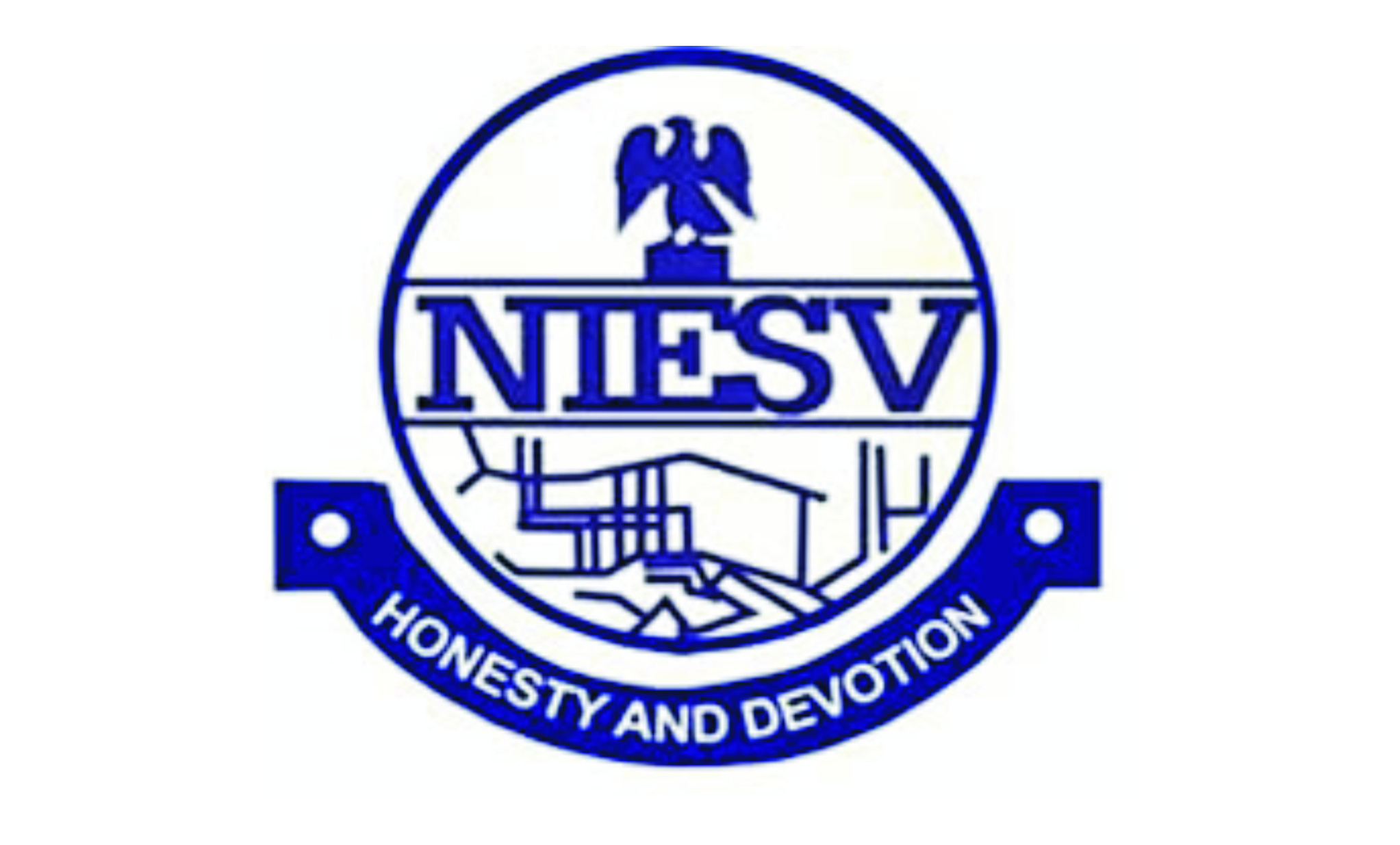Business
NIESV Laments Dilapidation Of RSHA Quarters

The Nigerian Institution for Estate Surveyors and Valuers (NIESV) has described the Rivers State House of Assembly Quarters as being in bad shape and no longer befitting as a dwelling place for the legislators.
The president of the institution, Mr. Emma Okahs-Wike lamented that the Assembly Quarters could not have dilapidated to the extent of being marked for demolition if the property was maintained.
He noted that a facility of such nature should not have been left in the hands of the occupants, adding that the Rivers State government ought to have employed facility managers to take care of the quarters, noting that facility managers be engaged when the new proposed assembly quarters are completed.
According to him, if we had professionals who are managing the place, I can tell you that it would not have dilapidated to the point we are.
“I want to advise that the Speaker or the house officers should appoint facility managers that would be able to manage those properties. Now that the government is thinking about reconstructing, they should be able to bring out professionals, seek professional advice so that at the end of the day when they finish this kind of structure it would be properly cared for,” he continued.
Okahs-Wike reasoned that professional facility managers would be able to care for and maintain the facility, “let them not just leave it in the hands of the occupants, they should be able to have one stop facility manager that would look after the environment and make sure that the property is well maintained and well structured”.
While enjoining the state government to have the project reevaluated and get the public notified on the reason for demolition and rebuilding of the assembly quarters, the NIESV’s president pointed out that it would cost more to renovate the facility.
He explained: “the buildings, some of them are dilapidated. What I will advise the government to do is to carry out feasibility and viability study of that project. The feasibility is that demolishing and reconstructing, ‘which one would be better for us?’ Then you go to viability, which one would be more costly, which one would be more beneficial to the people? If the viability study says it’s good to renovate, you renovate, if they say no, you reconstruct. Now if the government has done that and they have found out that it would be more cost effective to reconstruct, it’s a better deal… and bring in current and modern building materials”.
Tonye Nria-Dappa
Business
Two Federal Agencies Enter Pack On Expansion, Sustainable Electricity In Niger Delta

Business
Why The AI Boom May Extend The Reign Of Natural Gas

Business
Ogun To Join Oil-Producing States ……..As NNPCL Kicks Off Commercial Oil Production At Eba

-

 Sports4 days ago
Sports4 days ago2026 WC: Nigeria, DR Congo Awaits FIFA Verdict Today
-
Politics4 days ago
ADC, PDP, LP Missing As INEC Set For By- Elections In Rivers
-

 Environment4 days ago
Environment4 days agoOxfam, partners celebrate 5 years of climate governance programmes in Nigeria
-
Politics4 days ago
FG’s Economic Policies Not Working – APC Chieftain
-

 Politics4 days ago
Politics4 days ago2027: Diri Unveils RHA LG Coordinators, APC Congress Panel
-

 Politics4 days ago
Politics4 days agoReps To Meet,’Morrow Over INEC’s 2027 Election Timetable
-

 Politics4 days ago
Politics4 days agoGroup Continues Push For Real Time Election Results Transmission
-
Sports4 days ago
Sunderland Overcome Oxford Challenge

